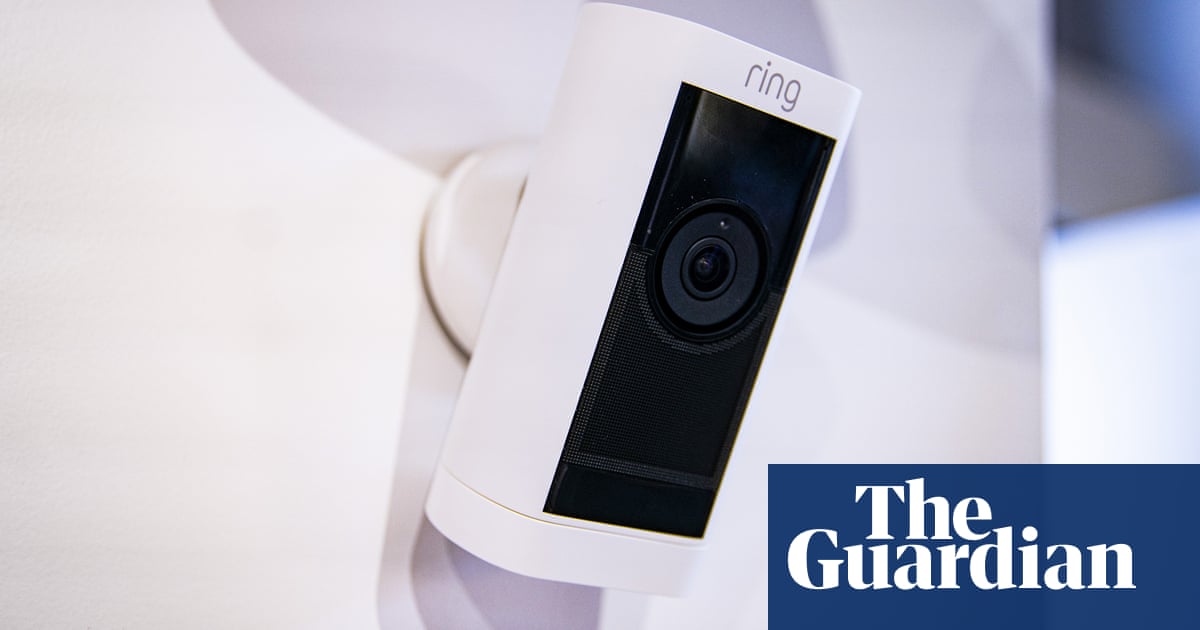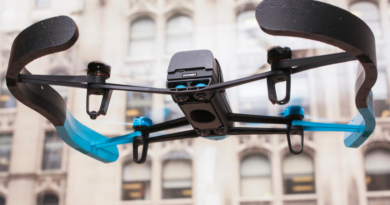Amazon Ring Says US Police Will Now Need Warrant To Access Footage

Amazon Ring will now require US law enforcement to obtain a warrant to access doorbell footage from individual users. The company announced in a blog post that it would no longer allow law enforcement to request doorbell footage directly from users in the company’s social networking app, Neighbors. The move is an about-face from Ring’s long-held and controversial policy that drew the ire of civil liberties and privacy advocates.
At the bottom of a blog post about new features that make it easier for Ring users to share “heartwarming or silly” videos in the Neighbors app, Amazon announced that it was doing away with its “request for assistance” (RFA) feature. Up until this announcement, public safety agencies including police were able to ask users to voluntarily share video footage from their Ring cameras rather than seeking warrants to obtain that user data from Amazon.
“Public safety agencies like fire and police departments can still use the Neighbors app to share helpful safety tips, updates, and community events,” the blog post reads. “They will no longer be able to use the RFA tool to request and receive video in the app.”
Civil liberties experts have long criticized Amazon’s close relationship with law enforcement and the company’s willingness to facilitate warrantless police investigations by allowing easy access to private security footage from people’s homes. In response to criticism, the company previously did away with the practice that allowed police to privately send requests for video footage to Ring users. Instead, police were only allowed to publicly post these requests on the the app. Now they can only obtain footage from Ring using a warrant. Matthew Guariglia, a senior policy analyst at the Electronic Frontier Foundation, said “this is a step in the right direction” but that much more can be done.
“Now, Ring hopefully will altogether be out of the business of platforming casual and warrantless police requests for footage to its users,” Guariglia said in a statement. “Ring has been forced to make some important concessions – but we still believe the devices can enable end-to-end encryption by default and turn off default audio collection, which reports have shown collect audio from greater distances than initially assumed.”
The company has previously come under fire for its broader privacy policies around access to users’ footage. In May 2023, Amazon entered into a 20-year $5.8m settlement with the Federal Trade Commission that required the company to disclose to its customers how much access it has to their data. According to the FTC filing, Amazon’s lax privacy policies allowed employees and contractors to “view, download, and transfer customers’ sensitive video data for their own purposes”. Amazon also admitted in 2022 that it had handed police video footage without the customers’ consent or a warrant 11 times that year in cases it deemed an “emergency”.
after newsletter promotion
“We are also still deeply skeptical about law enforcement’s and Ring’s ability to determine what is, or is not, an emergency that requires the company to hand over footage without a warrant or user consent,” Guariglia said.
READ MORE HERE



